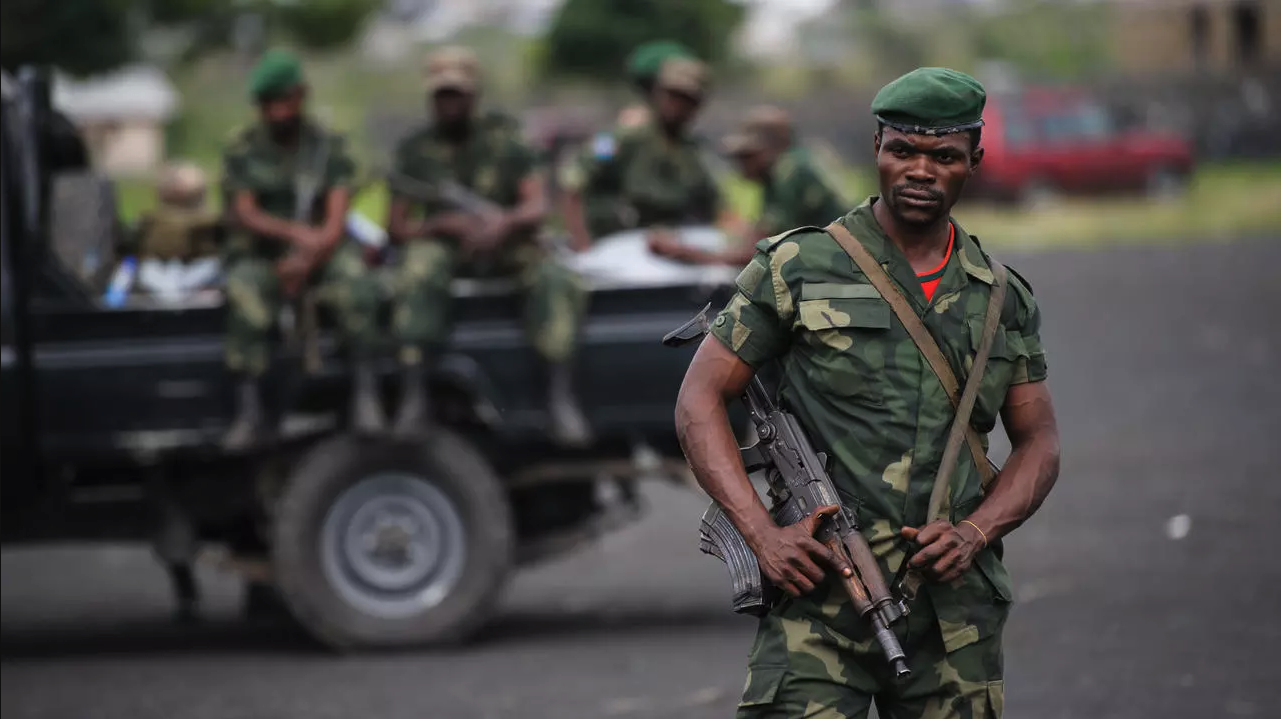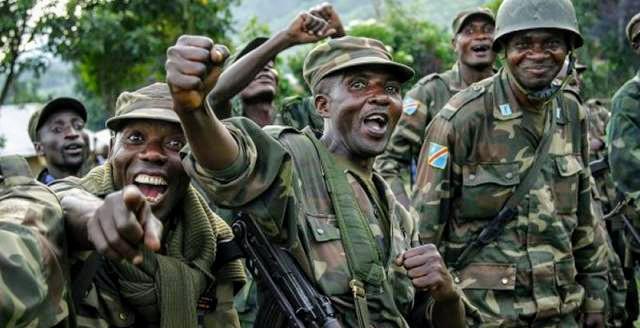Despite being ranked as the eighth strongest military in Africa, with a defense budget of $794 million and an estimated 150,000 soldiers, the Democratic Republic of Congo’s (DRC) armed forces (FARDC) have consistently suffered defeats against the AFC/M23 rebels.
The rebels now control large areas in the Kivu region.
Since late 2021, despite support from the Burundian army, European mercenaries, Southern African Development Community (SADC) forces, the UN mission in the country, Wazalendo militia, and the FDLR—a Rwandan terrorist group composed of individuals responsible for the 1994 Genocide against the Tutsi—FARDC has failed to restore stability in eastern DRC.
After overcoming the vast Congolese military coalition, the rebels secured their controlled territories, allowing displaced civilians to return home.
The escalating crisis has deepened President Félix Tshisekedi’s fears of being ousted—either by the rebels or his own army—due to the ongoing instability and his inability to resolve the conflict.
The rebels have threatened to march to Kinshasa unless Tshisekedi agrees to direct negotiations.
Amid increasing signs of incompetence within the national army, there is also a growing possibility that the military could remove Tshisekedi from power—whether due to his history of fraudulent elections or in a scenario similar to the 2001 assassination of Desire Kabila.

While Tshisekedi publicly claims to be committed to finding a lasting solution, he continues to push his weakened and demoralized troops to fight the rebels, promising them salary increases as motivation.
In a March 19 interview with Le Figaro, Tshisekedi announced that soldiers’ monthly salaries had been raised from $100 to $162, with an additional $500 bonus for those on the front lines.
Although the pay increase took effect in March, the special $500 bonus for frontline soldiers was never disbursed. Tshisekedi’s move appears to be aimed more at fueling the war than at genuinely improving soldiers’ welfare, as he hopes his army and allies will push back the rebels.
“One of the key factors behind the FARDC’s weakness is systemic corruption,” said Alain De Neve, a researcher at the Royal Higher Institute for Defense (RHID) in Brussels.
“Numerous reports have documented the misappropriation of funds meant for soldiers’ salaries and military logistics,” De Neve added. “This practice has severely impacted troop morale, leading to frequent desertions. Many soldiers stationed in the east even resort to looting or extorting local populations to survive.”
Both regional and international political actors have urged Tshisekedi to engage in direct dialogue with AFC/M23 rebels as the only viable path to lasting peace. However, he has ignored these calls.
Instead of addressing the root causes of the conflict, his administration has focused on recruiting more soldiers, integrating hostile militia groups into the national army, acquiring new weapons, and raising soldiers’ salaries.
Poor coordination, corruption, and indiscipline continue to plague DRC’s military. A Congolese security officer told Kigali Daily News that senior FARDC officers deliberately overstate the number of soldiers under their command.
“They do this to secure more funds from Kinshasa, as the money is mostly distributed through the generals,” he explained.
Although Tshisekedi has increased soldiers’ pay, analysts argue that their salaries remain insignificant compared to those of Eastern European mercenaries, who reportedly earn around $5,000 per month.
“This pay disparity has caused disputes among the allied forces, ultimately benefiting the rebels,” noted a regional security analyst.
Rather than strengthening the military, Tshisekedi’s strategy of raising salaries appears to be a maneuver to prolong instability—potentially turning the country into a failed state and allowing him to cling to power indefinitely.



